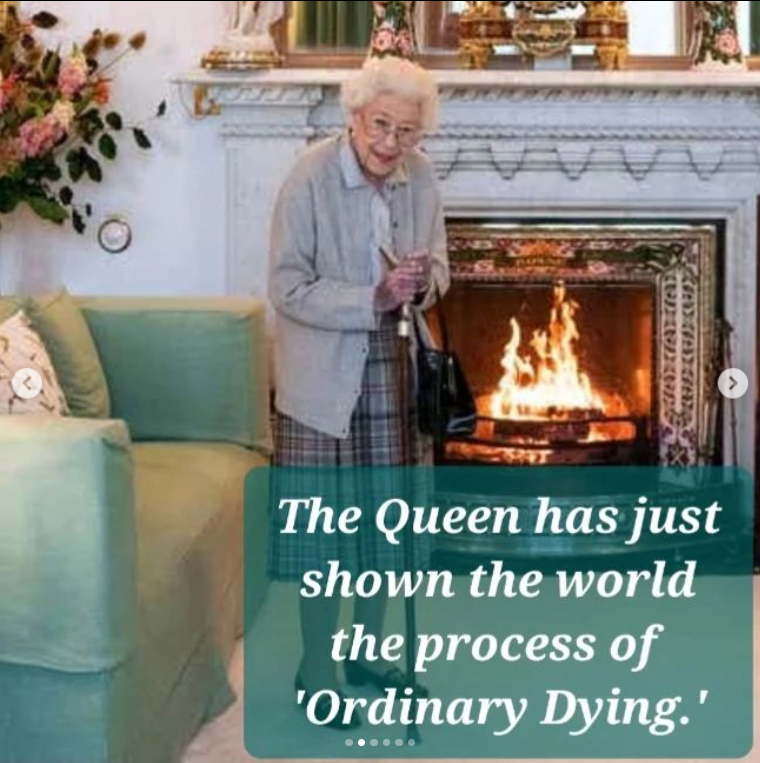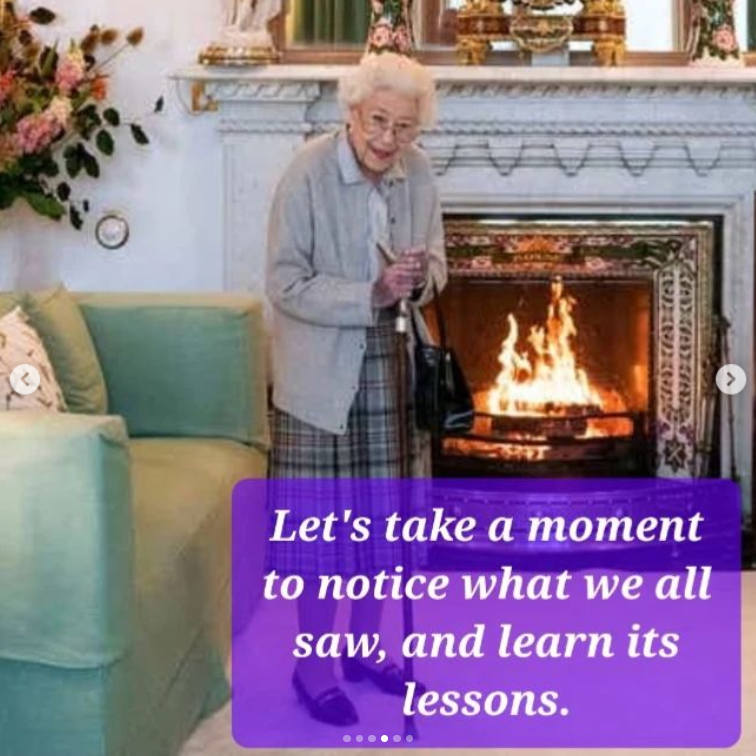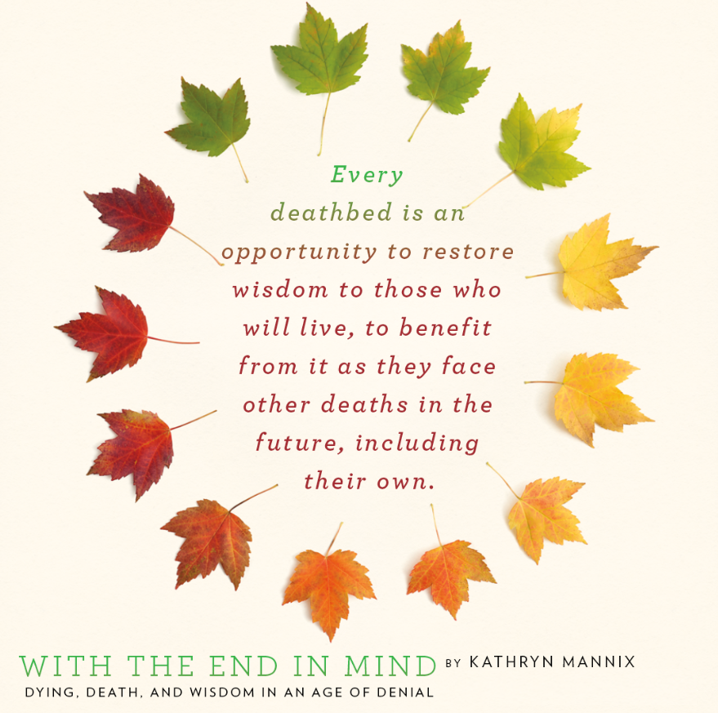
Retired palliative care doctor.
Writer: 'With the End in Mind', 'Listen.'
Wants us to understanding dying more, fear it less, listen better.
Rep: @DHAbooks
How to get URL link on X (Twitter) App


https://twitter.com/MikeStone2_EoL/status/1684849458595381248
 2. Calls to DN or GP numbers out of hours may be met with recorded advice to call 111 or 999. Callers seeking advice about EoL care assume this is their next reasonable step, & place their call.
2. Calls to DN or GP numbers out of hours may be met with recorded advice to call 111 or 999. Callers seeking advice about EoL care assume this is their next reasonable step, & place their call. 
 People turn away, cross the road, avoid us in shops or on buses.
People turn away, cross the road, avoid us in shops or on buses.

 'Terminal agitation' isn't a diagnosis, but it describes muddled thinking with unusual behaviours that occasionally happens in a person close to death.
'Terminal agitation' isn't a diagnosis, but it describes muddled thinking with unusual behaviours that occasionally happens in a person close to death. 




 I'm sorry the winter festivities leave little room for the things that matter most to some of us: memories of happier times, companionship that doesn't insist on good cheer, space for the names of the people or relationships we are yearning for.
I'm sorry the winter festivities leave little room for the things that matter most to some of us: memories of happier times, companionship that doesn't insist on good cheer, space for the names of the people or relationships we are yearning for. 



 As her body wearied, she needed to ration her energy, reduce her public engagements, delegate some tasks.
As her body wearied, she needed to ration her energy, reduce her public engagements, delegate some tasks. 
 Yet the Part 2 exam felt different. Instead of a multiple choice quiz, this was an exam about the work I loved. It was about patients, about physical signs & difficult symptoms, about how people live despite long-term health challenges.
Yet the Part 2 exam felt different. Instead of a multiple choice quiz, this was an exam about the work I loved. It was about patients, about physical signs & difficult symptoms, about how people live despite long-term health challenges.https://twitter.com/richardodurrant/status/1491209858896777216Hello Richard

https://twitter.com/AndyWoodturner/status/1401208658764120070Firstly, I have been the doctor whose words were relayed by a v sick patient to a relative, & what the relative heard was not what I said. But it WAS what the patient/family understood from what I said, so I was responsible for that miscommunication.


https://twitter.com/healinghappily/status/1385154019312734214First: there's no 'right answer.' Your teens are individuals, and what suits one may not sit well for another.

 Worse: for some of us, our beloved person died and we weren't allowed to be there. We have pictures in our minds of how it might have been, but no way of knowing for sure.
Worse: for some of us, our beloved person died and we weren't allowed to be there. We have pictures in our minds of how it might have been, but no way of knowing for sure.https://twitter.com/Lucy_Selman/status/1259046725836255233Making sense of a death in our bereavement requires us to be able to understand the story of the dying.

 Here's @doctor_oxford's calming but important discussion of why we need to talk about dying:
Here's @doctor_oxford's calming but important discussion of why we need to talk about dying:https://twitter.com/tdeweymarn/status/1232433899839442947Before you start, remember this conversation is theirs as much as yours:
https://twitter.com/chippety/status/1224068156379082755Practical things: